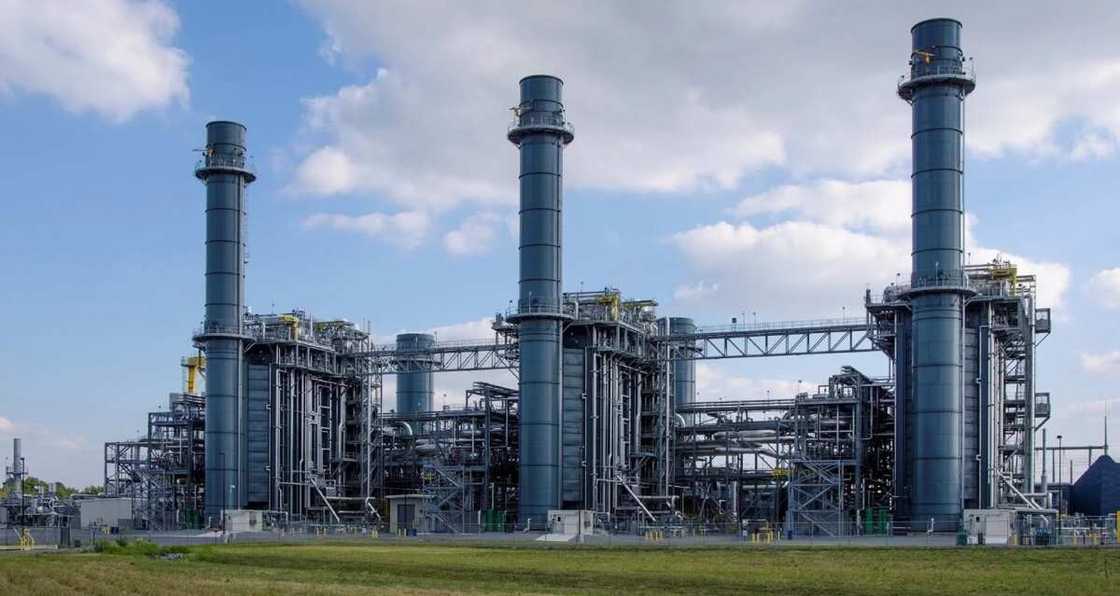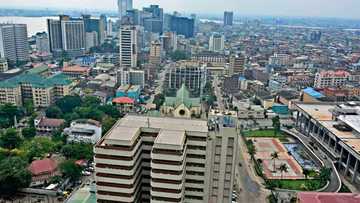Power Generation Companies Explains Poor Electricity Supply in the Country, As FG Completely Removes Subsidy
- Nigerians' poor electricity supply is unlikely to improve anytime soon going by the latest complaints from power generation companies
- It has been established that Nigeria needs about 180, 000 megawatts for there to be an adequate power supply
- Nigeria is not only producing below capacity, but the federal government has also declared the withdrawal of power subsidies, raising the cost of living for Nigerians
The Federal has government announced it has silently remove electricity subsidy and pass the full cost to Nigerians.
According to the Punch newspaper the Minister of Finance, Budgets and National Planning, Mrs. Zainab Ahmed disclosed this at a virtual meeting of the International Monetary Fund (IMF) with the theme: “The Political Economy of Fiscal Reforms in Africa.
According to her there is also plan to gradually end subsidies on petrol, the Vangaurd also reported.

Meanwhile, Operators of Generation Companies (GenCos) have detailed why Nigeria's power supply is not improving despite several efforts made over the years.
PAY ATTENTION: Follow us on Instagram - get the most important news directly in your favourite app!
The group claims that the debt owed to them is a major issue, with a total balance of about N1.644 trillion since 2015.
DailyTrust reports that massive debt has made it extremely impossible for them to efficiently manage the National Grid, which is now faulty.
Speaking on Sunday, March 13 2022, Dr Joy Ogaji the Executive Secretary of the Association of Power Generation Companies (APGC) Currently, the unpaid available capacity charge which we’re owed by NBET is N1.644.15 trillion.”
She explains:
"Before the Nigerian Bulk Electricity Trading (NBET) took over payment services of generated and distributed electricity in 2015, the Market Operator had paid GenCos for their capacity and generated energy since 2013 when the sector was privatized based on the privatization agreements till 2014 before NBET took over."
Ogaji also noted even the Energy Charge (EC) which is averagely 4,000 megawatts (MW) daily is not paid in full to the GenCos, causing a revenue shortfall for them to meet their gas obligations and other expenses.
Govt explains low power generation
The Minister of Power, Engr. Abubakar D. Aliyu blamed the erratic power supply on technical issues and water levels, Channels Tv reports.
The Transmission Company of Nigeria (TCN) also stated that some units in about 14 GenCos were either out or have low generation.
Ogaji throwing more perspective said :
“The GenCos are supposed to start and stop at most 20 times a year but in Nigeria, the GenCos start and stop 365 days every year and this wear and tear is affecting the plants which causes maintenance issues at a time when they should be optimal.
“If the grid is operating efficiently the thermal should be operating optimally and nobody should experience power outage.

Read also
FG purchases N1.14bn worth of vehicles for Niger republic to help the country tackle insecurity
Nigeria plans to construct its first nuclear power plant
Meanwhile, Federal government of Nigeria has announced plans to build a nuclear power plant to address the country's electrical challenges.
The World Bank recently ranked Nigeria as having one of the worst power supply in the world, and the Federal Government will be hoping that the new plant can change that narrative.
Deals have already been inked with Russia and Pakistan to train Nigerians on how to effectively run the proposed power plant
Source: Legit.ng




